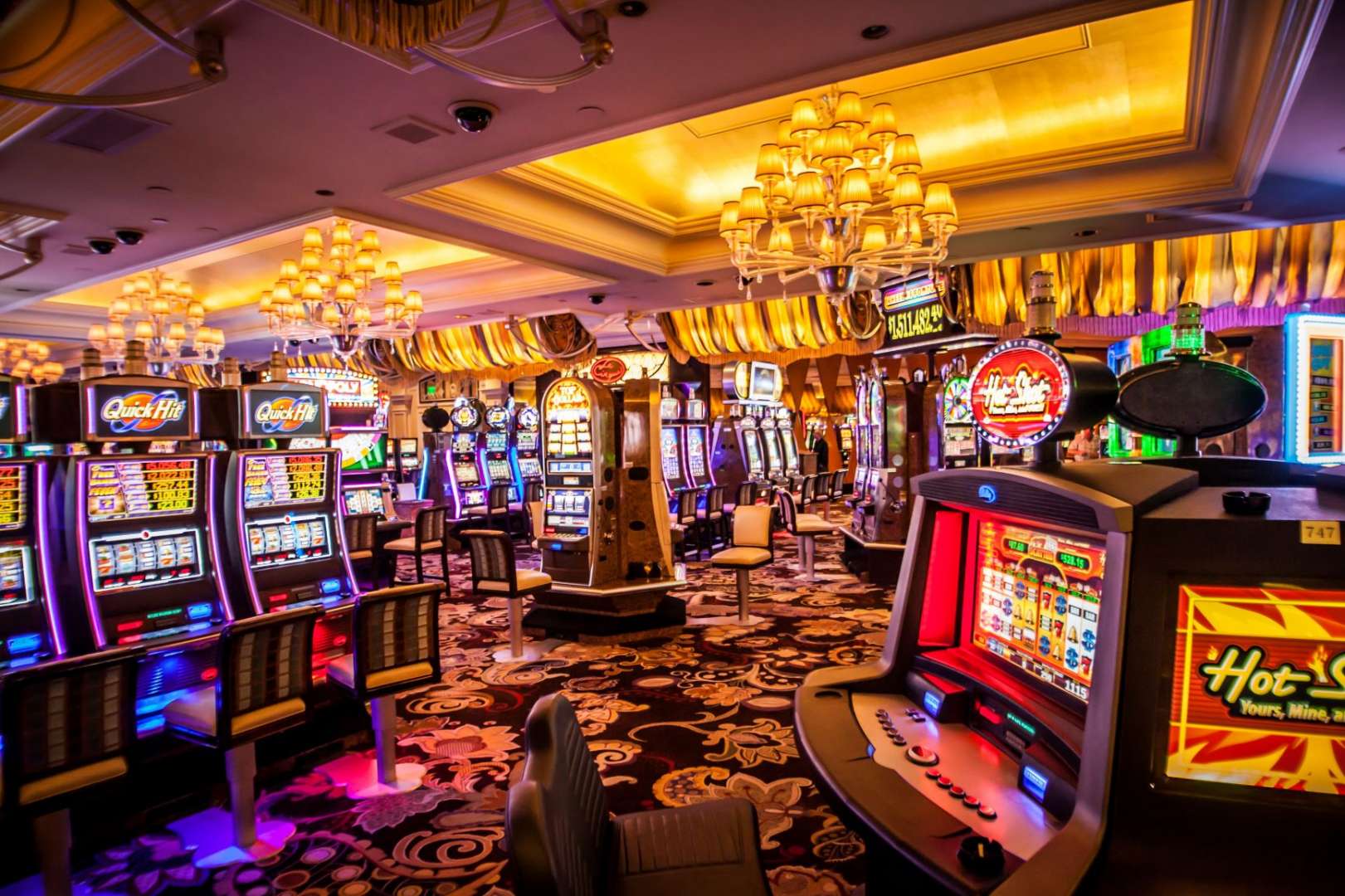Casino entertainment have long been an integral part of human culture, offering not just entertainment but a captivating reflection of our aspirations, wishes, and anxieties. From the rotating wheels of a slot machine to the strategic gameplay of poker, these games represent a spectrum of human emotions and events. At their core, casino games are more than a chance to make profits; they are a microcosm of life itself, where danger and gain intertwine and luck can change in an moment.
As players gather around tables or sit in front of vibrantly illuminated machines, they engage in a tradition that transcends mere betting. These games mirror our instinctive desires for connection, excitement, and the search for fortune. They also unveil deeper truths about human behavior, such as our relationship with chance and the excitement of the unknown. In exploring casino games, we discover not only the rules of play but also the complex weave of the human story, showcasing our woven narratives of hope and reality.
The Psychology of Gambling
Wagering is intrinsically connected in human psychology, appealing to various feelings and wants. The thrill of risk-taking is a fundamental aspect that draws players in, be it it’s excitement of spinning a roulette or the anticipation of drawing a winning hand in a poker game. This adrenaline is often compared to other forms of excitement, as the uncertainty of outcomes elicits a unique psychological response. Players often become captivated by the chance of striking it rich, leading to an irresistible draw toward casino games.
Another, a crucial component of the psychology behind gambling is the concept of hope and aspiration. Participants often nourish dreams of financial freedom and the luxurious lifestyle that can follow winning. This hope fuels their continued participation in gambling, as it provides a sense of purpose and the conviction that a life-changing win could be just one bet away. The story of overcoming odds and finding success resonates with many, strengthening their dedication to play and involve themselves with these games.
Finally, social dynamics play a crucial role in gambling psychology. Casino environments are designed to foster social interaction, where gamblers gather to share the experience of wins and losses. This communal aspect not only amplifies enjoyment but also influences behavior, as individuals often mimic the actions of others around them. The collective approval found in mutual thrill can enhance the emotional experience, making casino games a mirror of not just personal desires but also shared involvement within the gambling community.
## The Dual Nature of Risk and Reward
Casino games embody the delicate balance between risk and reward that resonates profoundly with human nature. The excitement of placing a bet is often accompanied by a jolt of energy, as participants are confronted with the chance of striking it rich, yet fully aware of the possibility to lose. This twofold experience reflects a core aspect of life: the choices we make often come with intrinsic risks, and the quest for benefit can push us to take chances we might not typically consider. In this way, casino games echo real-world choices, enticing gamblers to risk not just their money, but also their dreams.
The allure of big prizes and payouts fuels a sense of optimism, encouraging players to envision a better future that could arise from a single victorious spin of the wheel or dealing of a hand. This optimism can compel individuals to engage in greater risks, urging them to push their boundaries in search of monetary success. However, just as in life, the outcomes of these decisions can lead to both victory and loss. The stories of both jackpot winners and those who have faced losses everything at the tables demonstrate the chaotic nature of chance and its impactful impact on our lives.
Ultimately, the experience of engaging with gambling activities serves as a strong reminder of the nature of humanity. Every round played is imbued with the tension of uncertainty, as gamblers weigh the gains against the dangers. This balance not only highlights the excitement that comes with betting but also reveals the weaknesses that come with the desire for more. As we navigate the challenges of decision-making and consequence in both the casino and in life, we find that the pursuit of risk and reward shapes our sense of self and experiences in significant manners.
Culture and Loneliness in Casino Environment
Casino environment is a unique mix of communal interaction and individual endeavor, reflecting the dualities of human experience. Gamblers often gather around tables, experiencing in the thrill of the game, celebrating wins, and commiserating over losses. BetVisa This communal aspect is crucial, as it fosters a sense of community and bonding among varied groups of people. Regular attendees to gaming establishments may form friendships and develop routines, turning the casino into a alternative home where they feel connected to a larger community of players.
However, the appeal of gambling activities can also result to loneliness. As individuals become immersed in the thrill of playing, they may withdraw from personal connections or fail to engage with the environment outside the gaming space. For some, the pursuit of a windfall can distract from real relationships, leading to loneliness. The situation of being among others yet experiencing solitary is not rare, as the focus shifts from collective fun to the individual stakes of each individual’s journey.
This interaction of society and solitude creates a rich mosaic that defines gaming atmosphere. It showcases the complexity of human interactions, where joy and sorrow exist together. Casinos serve as both a sanctuary for social interaction and a stage for individual challenges, illustrating how intimately connected our yearning for connection and the individual quest for fortune can be. In navigating this environment, gamblers confront their own narratives—seeking both the rush of the game and the fellowship of fellow players, eventually mirroring the broader spectrum of individual experience.

